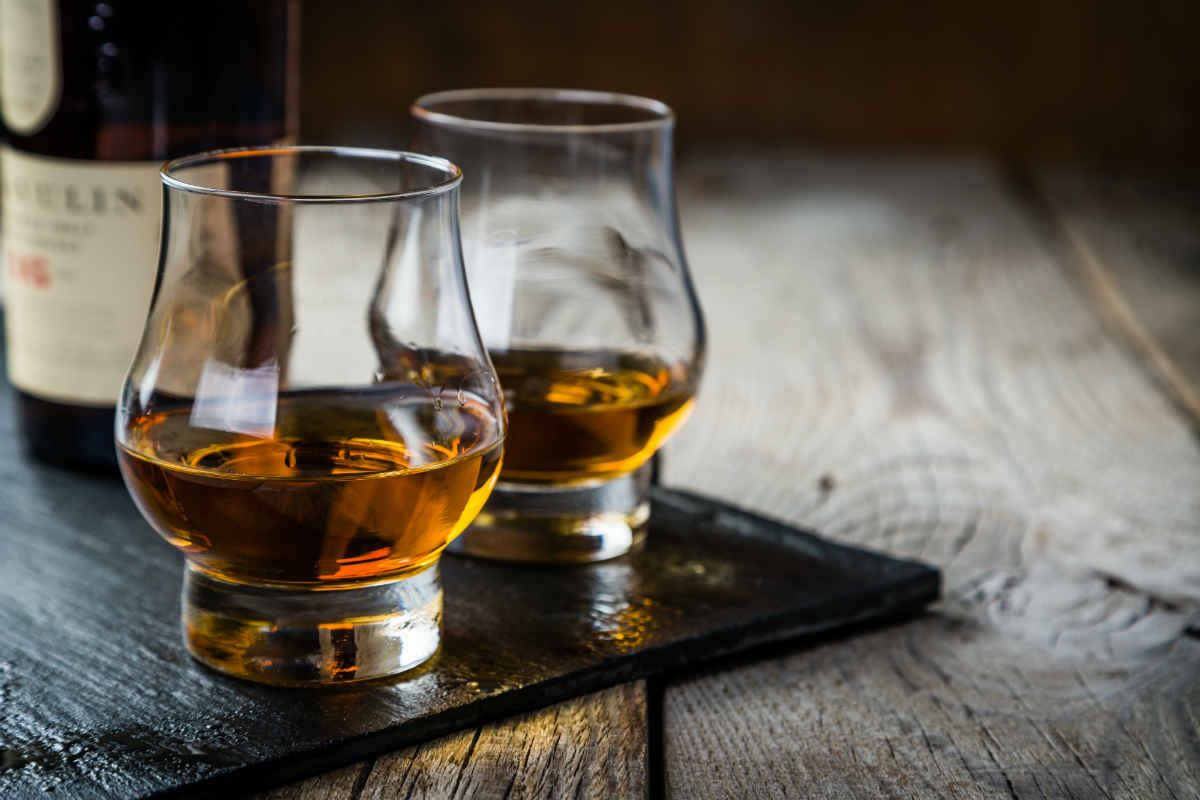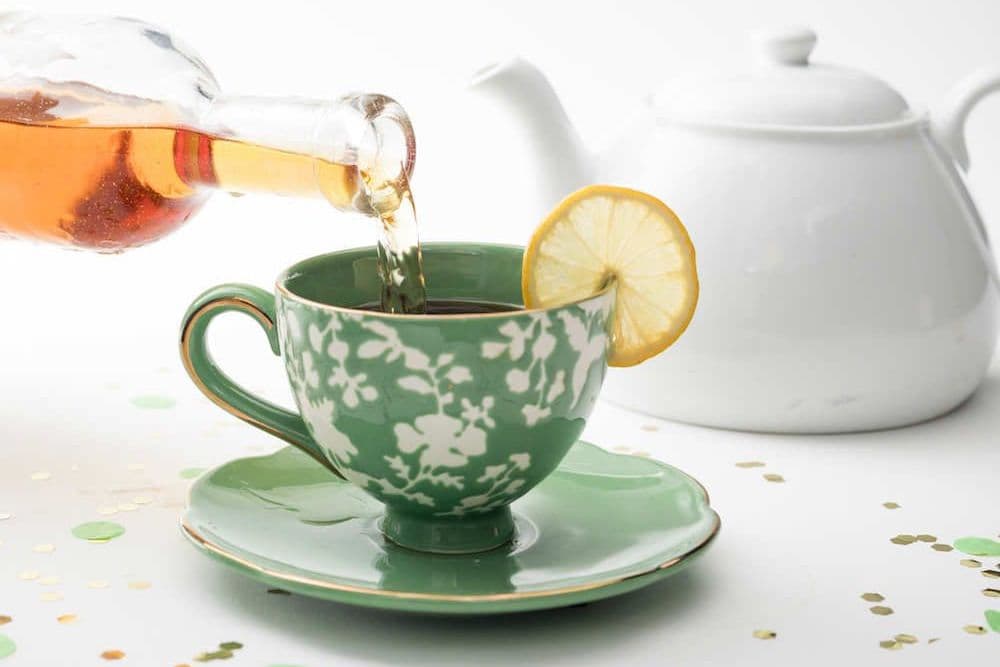The English language is full of little hang-ups and special rules, but few feel so beguiling as the whiskey/whisky conundrum. Parsing the right context for each is enough to drive someone to drink a whiskey (or whisky).
To unravel this mystery, we’ll start from the very beginning. That would be the Gaelic usige beathe, or “water of life.” Overtime, the phrase became compounded and bastardized, and usquebaugh emerged. Say the first two syllables of that word five times fast, and you’ll have an understanding of how “whiskey” emerged after centuries of the telephone game.
That sans-e spelling was used in Scotland and Ireland, and spread to Canada and America along with the Scots-Irish. The matter of how the “e” crept into Irish and American whiskey is disputed, but most accounts maintain that in the late-19th century, Irish whiskey commanded more respect—and higher prices—than Scottish whisky. For that reason, Irish distillers adopted the “e” to differentiate their product from what was being made across the North Channel.
How America got into the “e” business is less clear. It’s thought that savvy marketers attached the “e” in order to create associations between their own juice and the higher-end Irish whiskey of the day. But it is not a standardized rule, as American labels like Maker’s Mark, Old Forester and George Dickel retained the traditional Scottish spelling. Even the TTB (Alcohol and Tobacco Tax and Trade Bureau) continues to use “whisky” exclusively in its own class and type designation documents.
And so Ireland and America (for the most part) have continued their whiskey alliance, while the rest of the world stuck to whisky. Newer whiskey-producing nations, such as Japan and India, have hewed to the “whisky” line.
Plurality can be a little tricky, too. The plural of whisky is “whiskies,” while the plural of whiskey is spelled “whiskeys.” The stickier issue is how to collectively refer to the aged brown spirits across two or more nations that don’t share the same spelling conventions. To solve this problem, some publications and events have begun to use the hybrid spelling “whisk(e)y” as an inclusive catch-all. Bevvy chooses to use “whiskey” given that we’re based in America. Whichever spelling you choose to use as your umbrella term, take comfort in knowing that you won’t be wrong.
When to Use “Whiskey” and “Whisky”
Use “whisky” when referring to products made in Scotland, England, Canada, France, Germany, Finland, Japan, Australia, India, or Taiwan. When in doubt, you should probably use it when referring to products made anywhere else, too. Except…
Use “whiskey” when referring to products made in Ireland or the United States.



